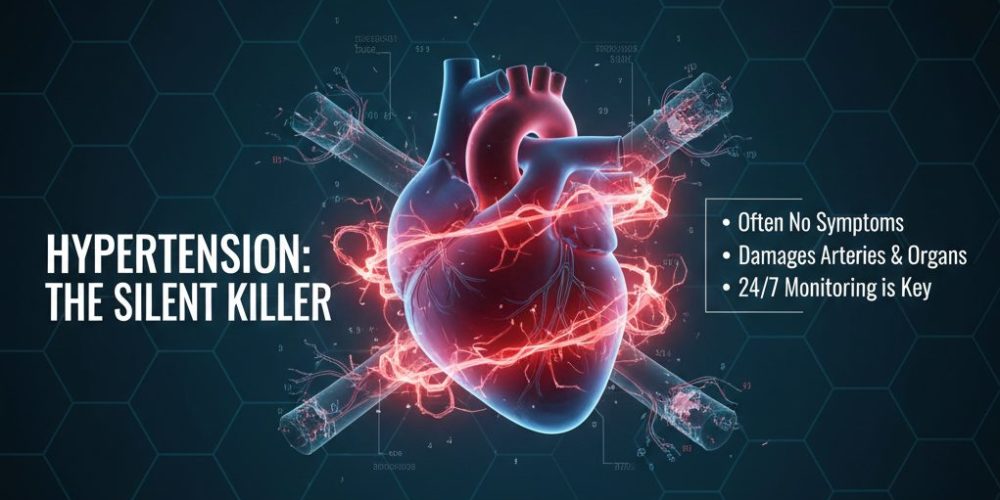Chronic diseases such as diabetes, hypertension, and heart disease are on the rise, demanding innovative approaches to healthcare delivery. Traditional care models are often reactive, focusing on treatment rather than prevention. However, the digital revolution is reshaping how chronic conditions are managed, making healthcare more proactive, personalized, and efficient.
The integration of digital health technologies has led to significant improvements in chronic care management. Solutions like Remote Patient Monitoring (RPM), Artificial Intelligence (AI), and telehealth are playing a vital role in empowering both patients and healthcare providers.

Key Technologies Shaping Chronic Care Management
1. Remote Patient Monitoring (RPM)
RPM enables healthcare providers to track patients’ vital signs and health data in real-time. Devices like blood pressure monitors, glucometers, and pulse oximeters provide continuous data, allowing doctors to intervene before complications arise. This reduces hospital visits and improves patient compliance with treatment plans.
2. Artificial Intelligence in Healthcare
AI-driven analytics can predict health risks, recommend personalized treatment plans, and assist clinicians in decision-making. Machine learning algorithms analyze large datasets to detect patterns, ensuring early intervention for chronic conditions.

3. Telehealth and Virtual Care
Virtual consultations are making healthcare more accessible. Patients can consult specialists without the need for travel, ensuring timely interventions and reducing healthcare costs.
4. Wearable and IoT Devices
Wearables like smartwatches, ECG monitors, and fitness trackers are empowering individuals to take charge of their health. These devices provide real-time data, allowing users to monitor their conditions and make informed lifestyle choices.
5. Electronic Health Records (EHRs) and Data Integration
Seamless integration of patient data across healthcare systems ensures better coordination among providers. AI-powered EHRs can flag potential health issues and provide insights for proactive care management.

The Benefits of Technology-Driven Chronic Care
- Improved Patient Outcomes: Continuous monitoring and early detection prevent complications.
- Reduced Healthcare Costs: Fewer emergency visits and hospitalizations lead to cost savings.
- Enhanced Patient Engagement: Digital tools empower patients to manage their health actively.
- Better Care Coordination: Healthcare providers have real-time access to patient data for informed decision-making.
The Road Ahead: What’s Next for Chronic Care?
The future of chronic care lies in predictive analytics, AI-driven diagnostics, and enhanced interoperability between healthcare systems. As 5G networks and cloud computing improve data transmission, patients and doctors will benefit from even more efficient remote monitoring solutions.
Conclusion
The healthcare industry is undergoing a digital transformation, and chronic care management is at the forefront of this evolution. Technology is bridging gaps in healthcare delivery, making it more efficient, accessible, and patient-centered. As innovations continue to emerge, chronic disease management will shift from reactive care to proactive and preventive solutions, improving lives and optimizing healthcare resources.



